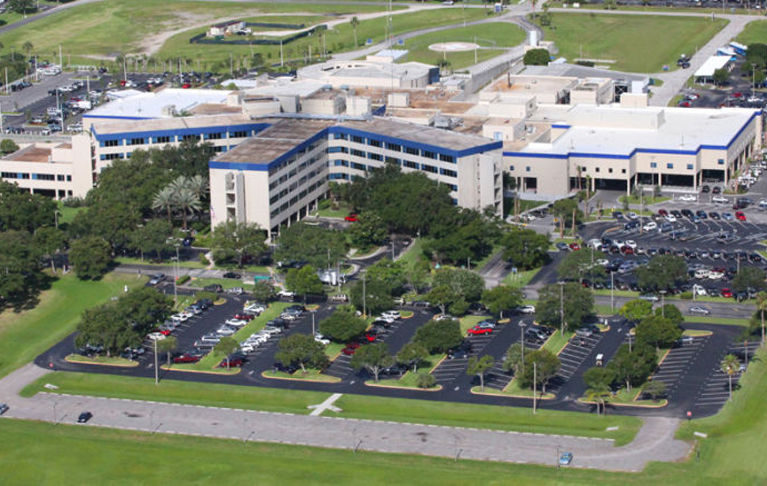
In recent months, talks between Indian River Medical Center leaders and Hospital District trustees appeared to be proceeding cordially, but relations between the two reached an all-time low last week when hospital negotiators failed to show up for a meeting with the District team, who had even laid on a lunch.
Hospital negotiators said they had not received emails about the meeting, even though several emails appeared to have been sent without problems.
The aborted meeting once again brought negotiations over indigent care reimbursement rates to a grinding halt.
Over recent weeks, hospital assistant CFO Warren Fuller made a yeoman’s effort to provide detailed financial information to a District consultant and accelerate negotiations, and the District had arranged for a catered lunch as a gesture of good will for the next meeting in the District offices.
That goodwill evaporated when the hospital negotiators failed to show.
The seven District trustees, elected by the taxpayers of Indian River County to direct millions of tax dollars to the hospital, are attempting to renegotiate the Indigent Care Agreement, a contract with the hospital that spells out the powers of each side.
As part of those negotiations, both sides are trying to agree on how much taxpayer money the District will give the hospital.
At a District trustees meeting a few days after the aborted session with the hospital, District lawyer Phil Sprinkle said the District’s position on the Indigent Care Agreement and its limited powers “is backed up by case law and Attorney General opinions, while the hospital fails to back its position up.”
Hospital lawyer Bill Stewart agreed that the hospital has not produced case law or opinions to support its position on its rights, as stated in the Indigent Care Agreement. But the hospital was, nevertheless, “comfortable with its legal position,” he said. “We have belts and suspenders when needed.”
Sprinkle called the hospital’s failure to negotiate “frustrating.” Stewart said that it was “not true” that the hospital wouldn’t negotiate, characterizing the hospital’s position as “a little reluctant,” at worst.
Sprinkle also lamented last week that hospital personnel had further side-tracked negotiations by making untrue claims about his ethics.
The recent appointment of Wayne Hockmeyer as the new hospital board chairman had nevertheless raised a ray of hope that the differences between the District and the hospital could soon be put aside.
Last week, Hockmeyer made it clear in a phone conversation with District Chairman Tom Spackman that he wanted the negotiations over the Indigent Care Agreement and the amount the District will give the hospital in tax dollars to be settled soon.
“I’ve been given marching orders by Hockmeyer to bring negotiations to a close, and when your board chairman wants to get it done, you get it done,” Stewart said Thursday evening.
District Chairman Spackman and Sprinkle, the District’s attorney, will meet with Hockmeyer and hospital attorney Stewart this week in an effort to move things along, after a year of failed negotiations.
Sprinkle predicted that the negotiations would probably be finished before the end of February.
Spackman said he hoped the conclusion would come sooner because “the negotiations are expensive and time-consuming.”
But Stewart said Thursday evening the hospital is not inclined to accept a reimbursement rate from the District without a rationale that explains why it is fair and adequate for the hospital.



